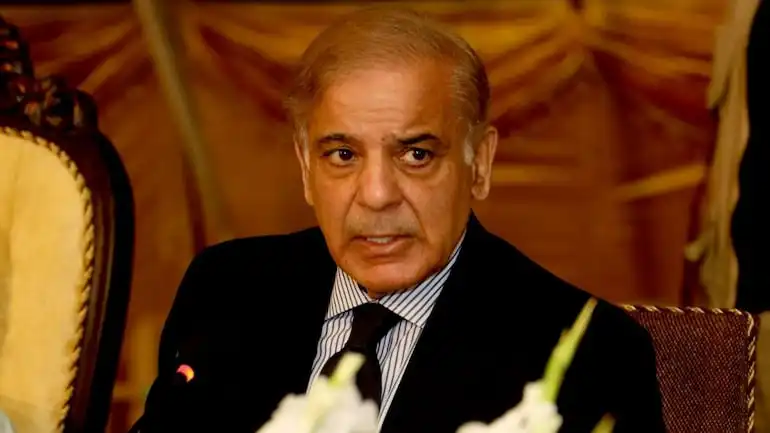How will Pakistan’s new Prime Minister Shehbaz Sharif and his team fix the rapidly dwindling economic situation in the country? Most importantly, Sharif will have to carefully choose the next finance minister. Pakistan, under PTI leader and former Prime Minister Imran Khan, saw four finance ministers in just a span of three years.
Last year Khan appointed Shaukat Tarin as his finance minister. Tarin was the fourth finance minister appointed within three years.
While the road ahead will be tough for the next finance minister, renewing negotiations with the International Monetary Fund (IMF) at the earliest and wooing back the Gulf countries will be on the agenda as the Sharif government’s immediate focus will be on the revival of the economy.
The 70-year-old, brother of Pakistan’s former Prime Minister Nawaz Sharif Sharif, took charge on Monday after PTI leader Imran Khan lost the no confidence motion on Sunday.
“Sharif is not a novice. He would be able to handle things better and more deftly,” Anil Trigunayat, former ambassador and Distinguished Fellow at Vivekananda International Foundation told India Narrative.
The former ambassador also said that the new government will most likely reach out to the IMF, that means more structural reforms. “It could also reset ties with several other countries including the US and restart dialogue with India,” Trigunayat said, adding that China, however, will continue to remain Pakistan’s most trusted ally.
Peace and stability –key for the economy
To allow the economy to revive, Sharif will also have to ensure peace and stability within the country. The new PM will have to tackle threats from Tehreek-i-Taliban Pakistan besides possible unrest erupting from PTI leader Imran Khan’s supporters.
Beijing based newspaper Global Times said that the political changes within Pakistan could bring instability as protest rallies and unrest broke out between Khan’s supporters and other political parties. The newspaper said that this social disorder is “unlikely to end easily, and although China doesn’t need to be worried about its solid friendship with Pakistan, internal chaos in the country could affect some cooperation projects to some extent.”
Amid rising external debts, Pakistan’s foreign reserves are currently at a mere $11.3 billion. Inflation has been hovering in the double digits. In March the annual inflation rose to 12.7 per cent, up from 12.2 per cent in the previous month. But what is worrisome is that the cost of food increased 15.30 per cent in March. In January, it was 12.82 per cent while in February, it was 14.73 per cent. The Moody’s Investor Service termed the uncertainty as credit negative.
“Pakistan’s political upheaval is adding to a surge in the nation’s default risk and triggering off further losses in the nation’s bonds and currency,” Bloomberg in a report said.

